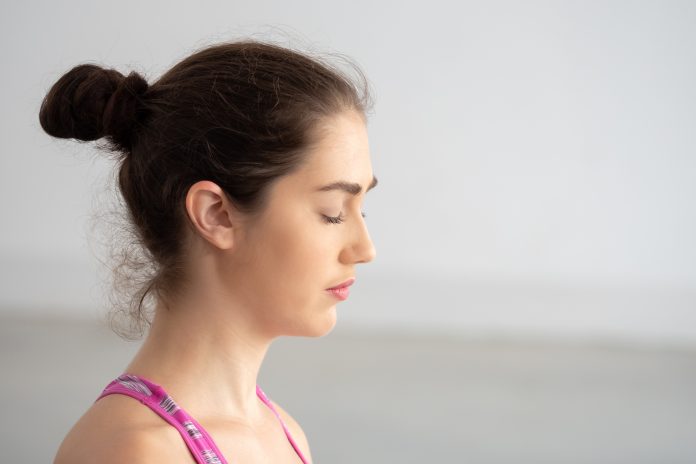James Gillies, Mindfulness Workshop Leader, discusses how mindfulness practice can help make every day a mental health day
If your mental health is suffering this time of year, we don’t blame you. October was a washout in the UK, with heavy rain and persistent clouds denying Brits of a glorious Autumn. Across London this month, Brexit and Extinction Rebellion marches highlighted global uncertainties which are leaving many feeling insecure. And the clocks have gone back an hour, so you can say goodbye to leaving the office in (relative) sunshine.
Whilst October 10th was Mental Health Awareness Day, as advocated by the WHO, “every day should be mental health day” is a slogan popularised on social media. To some, this may sound like a vague or unrealistic objective. But one valuable way you can make every day a mental health day is with a regular mindfulness practice.
Mindfulness practice has well-published benefits in improving mental and physical health, wellbeing, concentration and creativity. In the workplace and at home, mindfulness when practised consistently can impact every area of our lives. Companies across the world are employing mindfulness strategies in the workplace and seeing the positive impact it is having on their employee’s sense of fulfilment, productivity and enjoyment. It is not an overnight solution for all of life’s ills, however. Mindfulness requires openness, commitment and patience in order to see any benefits.
Short of attending a mindfulness workshop, below are some tips that can help serve your mindfulness practice, particularly in the workplace where it is common for our mindful attention to slip away from us:
- Try mindfulness meditation at home, preferably in the morning before leaving for work for the day. The UCLA’s Mindful Awareness Research Centre has some excellent guided mindfulness meditations here. Or try popular meditation apps such as Headspace, Insight Timer or Calm. Once you are confident in how mindfulness practice works, you can take your meditation with you and practice wherever you are.
- Take a mindful pause during your workday to look out the window or make a hot drink. Try not to look at your computer screen or phone in this time. Try and come back to your natural rhythm by noticing the sensations of your body and your breath moving through your body either in your abdomen or your nostrils – wherever your breathing feels most noticeable for you. Focus your attention here for a few moments, and then come back to the task at hand.
- Sit comfortably and with your back supported. When sitting at a computer, pay attention to the physical sensation of your body sitting on the chair. Notice any feelings of discomfort in your posture and adjust your posture to ensure you are sitting as comfortably as possible. Sitting upright and supported will aid in your concentration at your computer, so if you are struggling to concentrate at work, your posture is the first point you should address. Notice as you crane your neck towards your computer screen and bring it back to a more comfortable resting position.
- Paying attention to sensations in our bodies helps to “get out of your head”. You can’t notice sensations and think at the same time, so paying attention to the feeling of our bodies and coming back to our senses helps to counter any anxious thoughts in the workplace.
- Try and uni-task. Close your emails so you are focusing on one task at a time. If you notice the temptation to check your phone or be distracted by the internet, notice this urge and come back to the physical task of whatever you are doing in that moment.
- When in meetings, practice mindful and active listening. Whether with colleagues or clients, really dedicate your attention to listening to what people are saying before responding. See how this affects your contribution in team meetings and with clients.
Whatever your motivation for practising mindfulness, making time to practice mindfulness meditation and then bringing that mindful awareness to other areas of your life has transformative potential. The only way to know if mindfulness is a useful practice for you is to try it for at least a week and notice any changes that occur throughout the day. Then, see if mindfulness is a practice you want to keep up.











